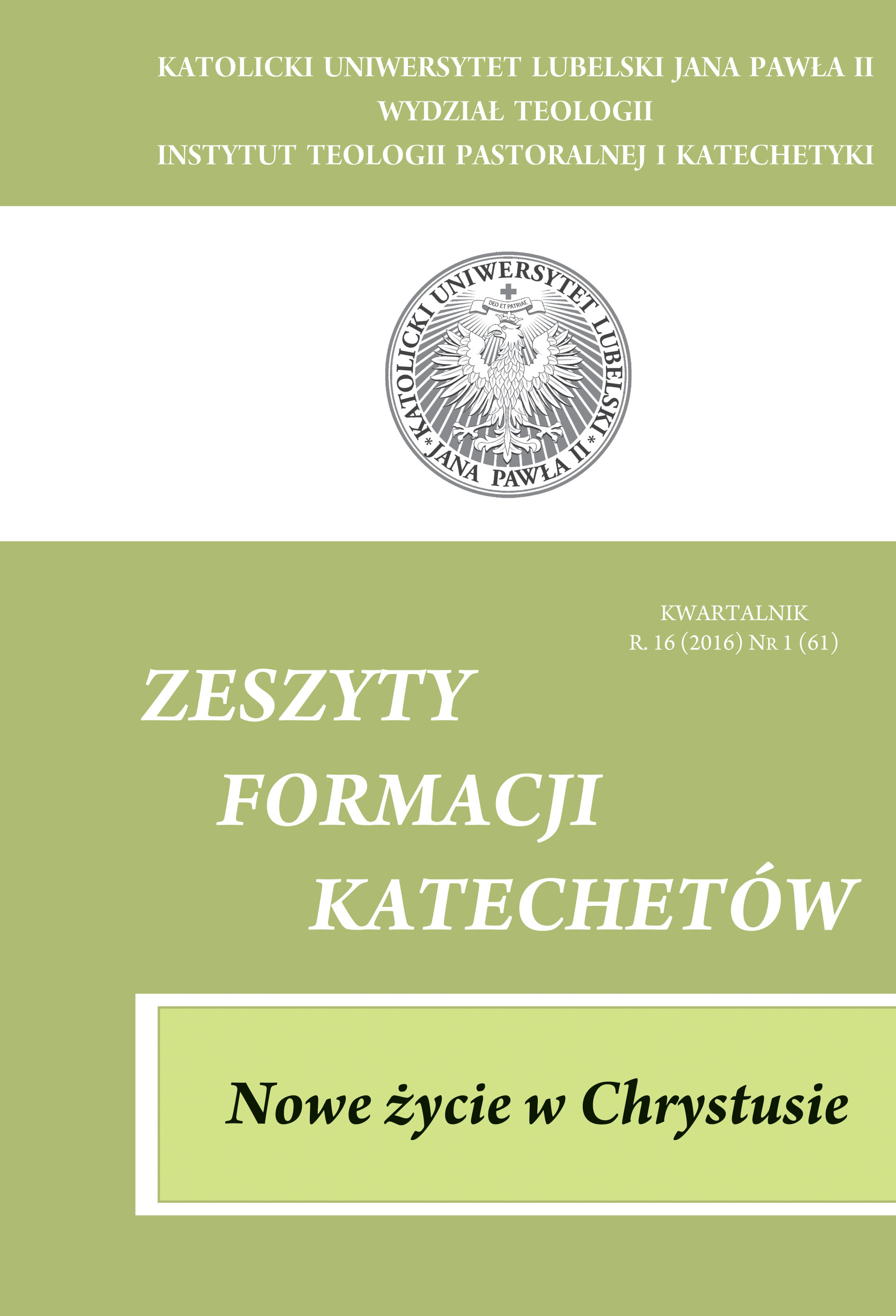“Of the tree of the knowledge of good and evil you shall not eat(Gen 2,17) –the theory of natural law
Keywords:
law, nature, human being, truth, good, conscienceAbstract
Out of the several threats mentioned in the encyclical Veritatis splendor, John Paul II was particularly concerned by the rejection of the traditional doctrine of natural law, which is one of the consequences of breaking a crucial link between freedom and truth. The pope notices that technological progress combined with some forms of liberalism has made these two concepts mutually contradictory in a number of fundamental aspects of human life. Today, after over 20 years since John Paul II’s encyclical Veritatis splendor was released, and, especially,in the face of current discussions and debates on the legal protection of a newly conceived life or in-vitro,it is worth asking: what is natural law and why its rejection is a threat? What is its relation to positive law? How should the term “human nature” be understood? The article attempts to answer these questions.
References
Heinzmann R., Filozofia średniowiecza, Kęty 1999.
Jan Paweł II, Veritatis splendor, Rzym 1993.
Jaroszyński P., Etyka. Dramat życia moralnego, Warszawa 1997.
Krąpiec M. A., Ja – człowiek, Lublin 2005.
Sobór Watykański II, Konstytucja duszpasterska o Kościele w świecie współczesnym „Gaudium et spes”, w: Sobór Watykański II, Konstytucje, dekrety, deklaracje, Poznań 1968.
Szostek A., Pogadanki z etyki, Częstochowa 2008.
Szostek A., Śladami myśli świętego. Osoba ludzka pasją Jana Pawła II, Lublin 2014.
Szostek A., Natura, rozum, wolność, Rzym 1990.
Tomasz z Akwinu, Summa Teologiczna, tłum. zbiorowe, t. 1-34, Londyn 1962-1986.
Wojtyła K., Osoba i czyn, w: Tenże, „Osoba i czyn” oraz inne studia antropologiczne, Lublin 1994.
Downloads
Published
How to Cite
Issue
Section
License
Copyright (c) 2016 KATECHISTS' PERIODICAL

This work is licensed under a Creative Commons Attribution-NonCommercial-NoDerivatives 4.0 International License.

